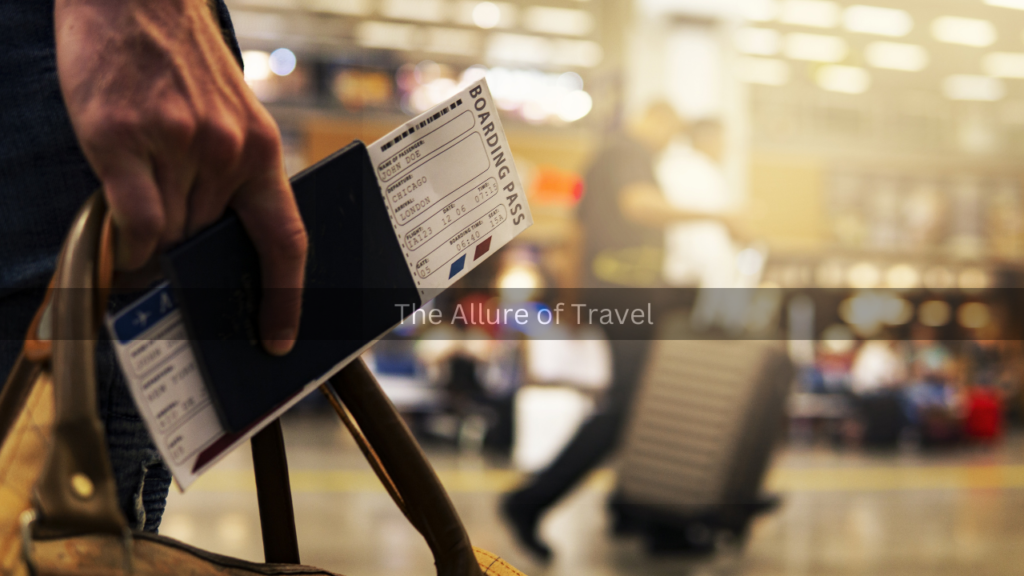
Travel has long been a source of fascination and excitement, offering people a chance to escape their daily routines, experience new cultures, and indulge in leisure activities. Yet, beneath the surface of this alluring pursuit lies a growing concern: the tourism industry’s susceptibility to addiction. This phenomenon, often overlooked, warrants a closer examination of how the very elements that make travel enticing can also lead to unhealthy patterns and dependencies.
At its core, the appeal of travel is deeply rooted in its promise of adventure and discovery. For many, the act of traveling is synonymous with freedom and self-discovery, providing a temporary respite from the pressures of everyday life. This escapism can be incredibly powerful, fostering a sense of euphoria and fulfillment that might not be readily available in one’s routine existence. The tourism industry capitalizes on these desires, marketing travel experiences as life-enhancing and transformative. However, this very allure can become a double-edged sword.
The first key aspect contributing to the industry’s vulnerability to addiction is the psychology of escapism. Travel often provides a break from stress, responsibilities, and the monotony of daily life. This temporary escape can create a cycle where individuals seek out travel as a solution to their dissatisfaction or unhappiness. Over time, this pattern can become habitual, with people increasingly reliant on travel to manage their emotional state. The constant pursuit of the next destination can thus develop into a form of dependency, where the thrill of exploration becomes a coping mechanism for deeper psychological issues.
Moreover, the tourism industry itself plays a role in reinforcing this dependency. The marketing strategies employed by travel companies and destinations are designed to create a sense of urgency and longing. Advertisements showcasing pristine beaches, exotic locales, and luxurious accommodations are crafted to evoke strong emotional responses. This can lead to a phenomenon known as “destination addiction,” where individuals become fixated on reaching a particular place as a way to achieve happiness or fulfillment. The industry’s focus on aspirational travel can exacerbate this fixation, making it harder for individuals to find contentment in their everyday lives.
Another contributing factor is the rise of digital nomadism and remote work. The flexibility offered by these arrangements allows people to travel more frequently and for extended periods. While this can enrich one’s life with diverse experiences, it can also blur the lines between work and leisure, making it challenging to establish a sense of stability and routine. For some, the constant movement can lead to a perpetual state of seeking new experiences, which may turn into an addictive cycle of perpetual travel.
The impact of social media cannot be overlooked either. Platforms like Instagram and TikTok showcase glamorous travel experiences, often highlighting the most enviable aspects of destinations. This creates a sense of comparison and competition, where individuals may feel pressured to emulate these experiences or compete for social validation through their own travels. The quest for social media validation can drive excessive travel, leading to a potential addiction to both the act of traveling and the online recognition it brings.
Addressing travel addiction requires a nuanced understanding of these dynamics. Individuals must be encouraged to recognize the difference between healthy escapism and harmful dependency. The tourism industry also has a role to play in promoting responsible travel, emphasizing the importance of balance and self-awareness. By fostering a more mindful approach to travel, both travelers and industry stakeholders can work together to ensure that the allure of exploration remains a source of joy rather than a pathway to addiction.